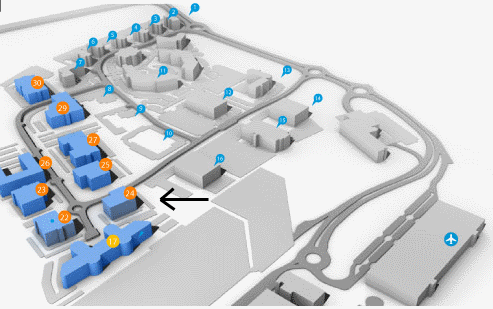Current Size: 100%
Distress following colposcopy examination for cervical abnormalities: a qualitative study
Distress following colposcopy examination for cervical abnormalities: a qualitative study
Background: Women who have an abnormal cervical smear test may be referred for a colposcopy examination. Distress prior to and during colposcopy has been widely researched. Less is known about psychological wellbeing post-colposcopy and what influences this. This exploratory study aimed to identify the factors associated with psychological distress post-colposcopy.
Aims: Face-to-face semi-structured interviews were conducted with 23 women who had undergone colposcopies at two clinics. Interview transcripts were analysed thematically using the Framework Approach.
Results: Four groups emerged from analysis: (1) women with short-term distress; (2) women with long-term distress; (3) women with both short- and long-term distress; and (4) women without distress. Group 1 felt unprepared for how their colposcopy would feel/what it entailed. They experienced distress while undergoing the investigation, and had often attended the colposcopy alone. Group 2 had fertility worries, physical after-effects that impacted on their lives, and were still attending the clinic for follow-up. Group 3 had factors that overlapped with those of groups 1 and 2. Group 4 felt reasonably prepared for the procedure, did not find it as bad as they had anticipated, and were accompanied to the clinic.
Conclusions: Colposcopy can lead to short-term and long-term post-procedural distress. These results suggest a lack of sensory and procedural preparation, lack of support while attending the clinic, fertility worries and still being monitored by the clinic may affect post-colposcopy psychological distress. Targeted psycho-educational interventions to help alleviate distress after colposcopy and related procedures are required.






